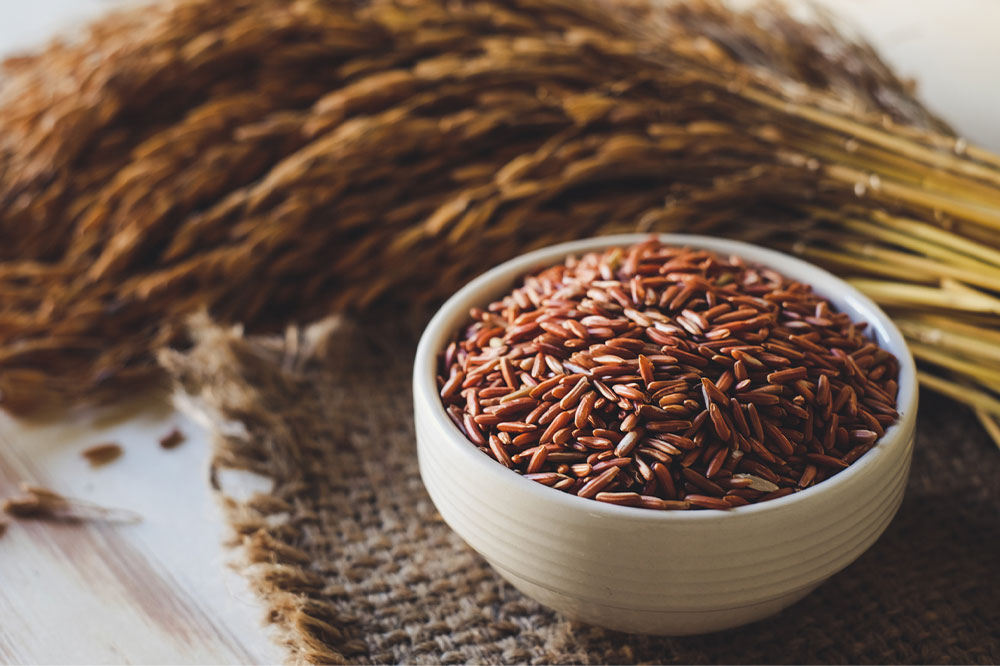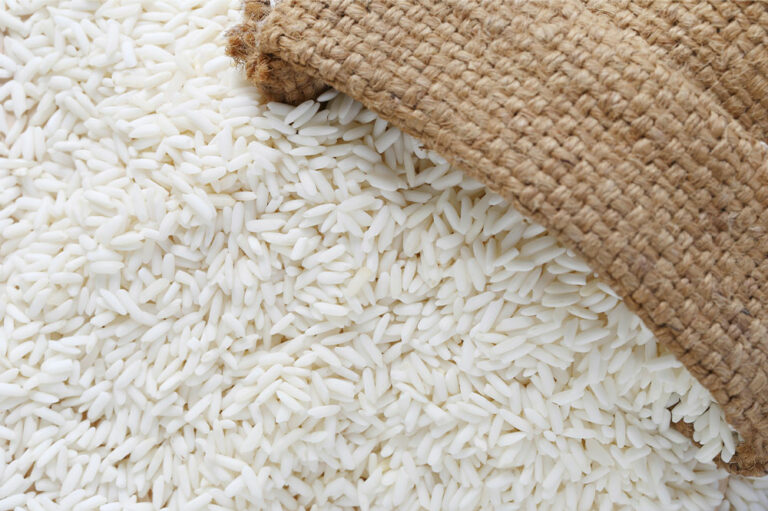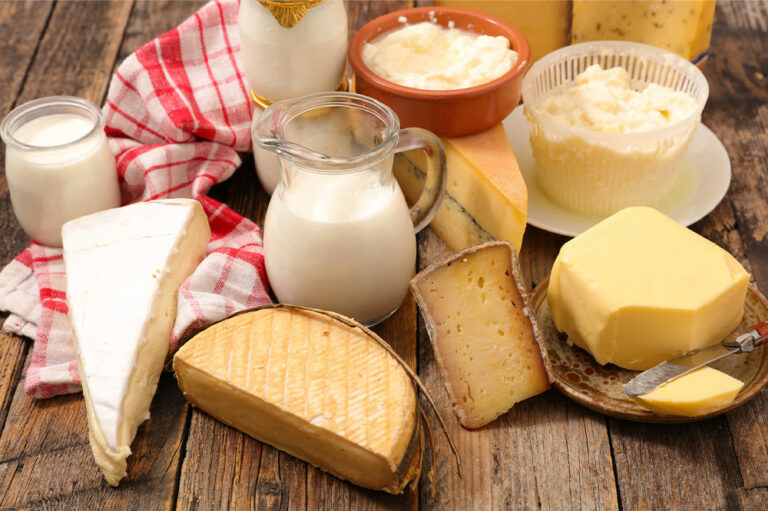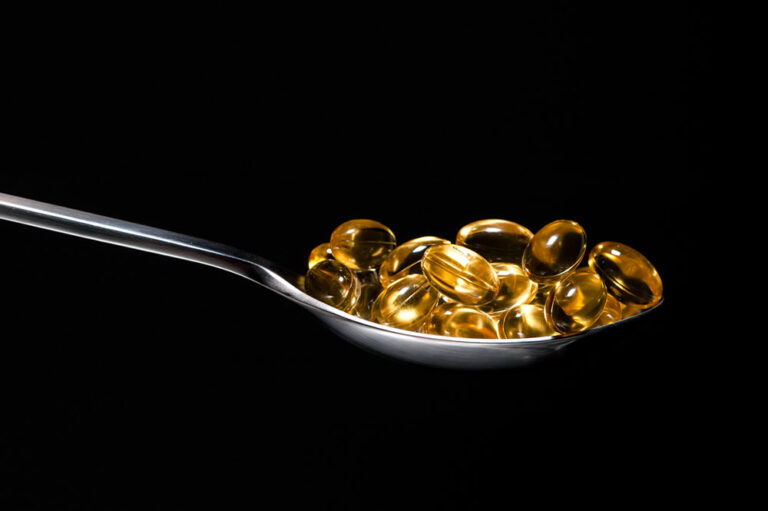Foods to avoid when managing ulcerative colitis

Ulcerative Colitis (UC) is a type of inflammatory bowel disease (IBD) that affects the colon and the rectum. Some common symptoms include sores in the colon, abdominal pain, blood or pus in the stool, diarrhea, nausea, rectal bleeding, and fatigue. The condition could result from various factors such as dysregulated immune responses, genetic predisposition, microbial dysbiosis, epithelial barrier defects, and environmental factors. Common foods that can trigger UC flares are:
Foods rich in insoluble fibers
People with UC generally find it difficult to digest foods that contain a lot of insoluble fibers. This includes whole grains like wheat, brown rice, quinoa, oats, barley, and millets, and nuts and seeds like walnuts, hazelnuts, cashews, almonds, peanuts, pistachios, flaxseeds, pine nuts, sunflower seeds, and pumpkin seeds. Other foods rich in fiber are legumes such as beans, lentils, and peas. During a flare-up, raw fruits and vegetables may also worsen symptoms among people with UC.
Dairy products
Lactose intolerance is a common problem among people with UC. Lactose is a sugar found in most dairy products, such as milk, butter, yogurt, cheese, and ice cream, among others.
Sugar
Sugary foods such as candies and sweetened beverages also worsen UC symptoms. Consuming too much sugar regularly can make one more susceptible to flares, even during periods of remission. Foods labeled “sugar-free” typically contain artificial sweeteners such as mannitol and sorbitol, which are non-absorbable and may also trigger symptoms of UC.
High-fat food
Eating low-fat food can reduce one’s risk of developing UC. Common foods to avoid include butter, coconut, and other processed oils, along with margarine, cream, and fried foods.
Spicy foods
According to the Crohn’s and Colitis Foundation, spicy foods can trigger UC flares; however, research in this field is limited. Certain studies have found that capsaicin (an active ingredient in chilies) may help reduce intestinal inflammation and IBD symptoms in some people.
Gluten
Another common trigger for many people with UC is gluten-based food. Gluten is a protein found in wheat, rye, and barley. Apart from being present in grains, cereals, and baked products, it is often added to processed products like sauces, condiments, soups, and proteins.
During a flare-up, it is important to focus on the foods one can eat instead of the ones to avoid. Some popular food choices during flares include low-fiber fruits, refined white carbohydrates, lean proteins, well-cooked peeled vegetables, and skinless and seedless fruits. As every person with UC has different triggers, working with a medical professional to develop a customized treatment and fool plan is crucial. In moderate to severe cases that do not respond well to other treatment plans like biologics, doctors may prescribe Stelara (ustekinumab) or Xeljanz (tofacitinib) to manage symptoms. Stelara, a UC-approved treatment, is the first to reduce inflammation on and below the surface of the intestine. Xeljanz is a fast-acting treatment that has enabled disease remission within 8 weeks and offers long-lasting remission for patients.










